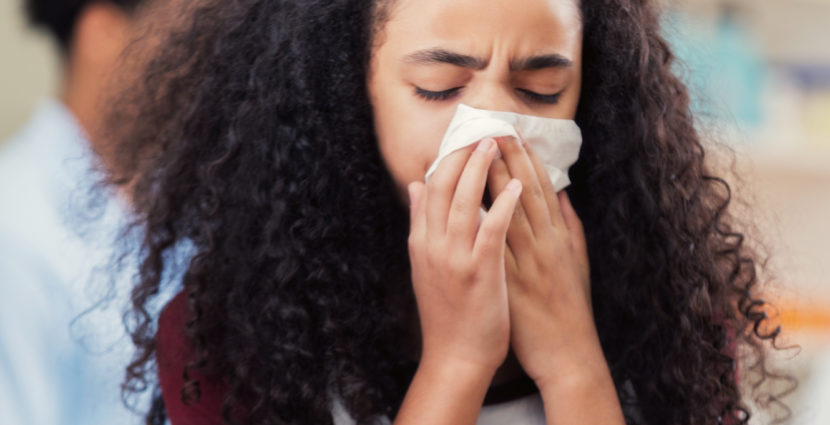Given that they are brought on by bacteria or viruses, infectious diseases are quite common and practically unavoidable. Spreading infectious diseases from one person (or thing) to another is the most deadly aspect of them. The possibility of a disease affecting one’s health or everyday routine might be unsettling. There has been a recent increase in some infectious diseases. Cases of cholera, diphtheria, Lassa fever, and other illnesses have been documented, and many of them have proved fatal. The Nigeria Centre for Disease Control and Prevention reports that as of January 24, there were 123 confirmed instances of diphtheria sickness in the nation, with 38 fatalities. These cases were found in the states of Kano, Lagos, Yobe, and Osun. In addition, the NCDC reported 105 cases of Lassa fever and seven fatalities this year. However, with good hygiene and safety precautions, one can shield themselves from these infections.
According to a public health/community medicine expert, infectious diseases can move from person to person, necessitating the observance of precautions to stop the spread or avoid infection. He said that although infectious diseases have different transmission methods, preventive measures were still the most effective way to treat them. Professor of public health parasitology and an expert in infectious illnesses at Imo State University in Owerri remarked that infectious diseases were common but added that they could still be avoided with basic good hygiene.
Some methods for preventing diseases are listed below;
Observe good hygiene
Personal cleanliness could mostly avoid infections. You will be protected from a lot of things if you keep your surroundings clean, wash your hands correctly as often as you can, take regular baths, drink clean water, handle and prepare food safely, clean frequently used surfaces and objects correctly, etc. These kinds of small deeds will stop a lot of diseases. One could avoid contracting infections from contaminated food and water by practicing good personal hygiene, such as washing hands and properly disposing of waste. In order to prevent the spread of sickness, the public health expert said that covering one’s mouth when coughing was a smart precaution.
Increasing immunity
Increasing immunity generally aids in preventing the acquisition of specific diseases. Immunity-boosting measures include vaccination and the consumption of wholesome foods high in antioxidants. The public health expert stated that immunization was the best approach to avoid infections for which vaccinations are already available, such as diphtheria (which is rapidly expanding). Immune system strength is increased by vaccination, protecting the body against diseases.
Stay away from busy areas
Since infectious diseases may spread from person to person, crowded settings were a breeding ground for them. People should keep their distance, try to avoid crowded areas, and take any other required safety steps.
Wear a face mask
The infectious disease specialist said that the practice of wearing facemasks shouldn’t be restricted to COVID-19 alone and added that it was a significant and appropriate strategy to prevent many other infections. Utilize a facemask in addition to washing and sanitizing your hands. For airborne illnesses in particular, wearing a facemask was just as crucial as taking other safety precautions.
Avoid contaminated persons and objects.
Diseases that are contagious can spread from person to person, from object to person, and vice versa. Therefore, avoiding contact with people or things that are known to be contaminated is another strategy to prevent infections. “It’s crucial to stay away from contaminated persons. Along with avoiding contact with infected people, you should also avoid touching infectious objects and going in public.
Determine the illness
The type of illness at issue and the disease’s mode of transmission will assist one to determine the best course of action for prevention. Cholera is caused by tainted food and water, therefore it’s important to drink only clean water and consume food that’s been cooked thoroughly. The strategy will alter if the infection is airborne, like tuberculosis and some other infectious disorders. Avoiding busy areas or public settings is the best course of action in this situation.
Become more attentive and take precautions
People will be more cautious about how they store their food and water if they are aware that consuming food or water that has been exposed to rat feces or urine can cause Lassa fever. They won’t consume any exposed or poorly stored food, including garri, or drink it. A means of raising awareness ought to exist. Noting that safe sex practices would help avoid infections like HIV, it was noted that prevention and protective behavior were crucial, especially for sexually transmitted diseases.





